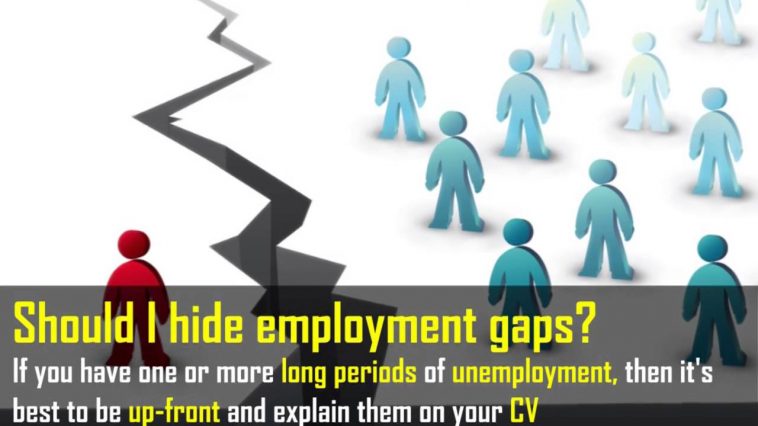While looking for job postings, you may have noticed that some employers ask for resumes whereas there are some who prefer a CV. Although both these documents are used in job applications, these documents have a few distant differences. In order to help you prepare for the right documentation for your job, the following is some clarification between a resume and a CV.
What is Curriculum Vitae (CV)?:
It is a Latin expression that can be translated for the course of one’s life. It is a detailed document that shares not only your career history but also your education, the awards you have been given, grants or scholarships, researches, academic projects, or publications. For entry-level candidates, the CV is longer than a resume and takes up to two to three paragraphs. Similarly, for mid-level candidates, it tends to be much longer especially those who have amassed numerous publications. Here is how focusing on your CV helps you stand out.
CVs include more information regarding professional references, coursework, fieldwork, description of your research projects and dissertation. It may also list your hobbies, interests, and a personal profile that includes your skills as well as positive attributes.
A CV summary:
This CV summary has to be one to two pages long and should be a condensed version of your actual curriculum vitae. It should be something that conveys your skills and qualification to the reader instantly. This is the reason that sometimes, big companies initially ask for a one-page CV summary especially when the number of applicants is large.
Things to include in your curriculum vitae:
When it comes to including the information in your CV, you should start by writing your name, contact number, education, skills, and experiences. It may also include your research and teaching experience. You can add the grants and fellowships, professional associations, licenses, and other information that is relevant to the position you are applying for.
Importance of CV:
When a job is advertised, employers receive numerous CVs for the desired position. Therefore, it is important to create a good impression through the CV to attract their attention. Most people do not spend time creating a good CV but a good CV shows how professional you are. The quality of the CV makes you stand out from the rest.
What is a Resume?
The term resume has originated from the French word resume that translates it into an abstract or a summary. It is basically a document that summarizes your career history, skills, and education. It includes the relevant professional association or the volunteer work that you may have done. It also involves an objective statement that shares your professional goals. While creating your resume, look for these 8 impressive words in your resume that can catch an eye.
Importance of a Resume:
The importance of a resume can never be underestimated because it acts as a bridge between you and the potential employer. For making the first impression, it is important that your resume stands out from the crowd and make you remembered in the eyes of the employer. A resume is required to select the best people because companies do not have enough time to interview each and every candidate. A resume reaches an employer’s table much before a candidate does. The companies then go through the work that the candidate has done so far and see if it matches their requirement. When you have a well-written resume, it makes half of your work done even before you are called for an interview.
So, if you have a CV but not a resume, you need to need the other one too. A CV in many ways is more detailed because it has additional pieces of information. It does not require a great deal of work to create a resume once you know all the information. You need to have the right document for the job you are interested in and keep both options in hand so that you are prepared no matter what the job posting requests.
Don’t know how to create your resume, these websites are for you to help in building the resume.





